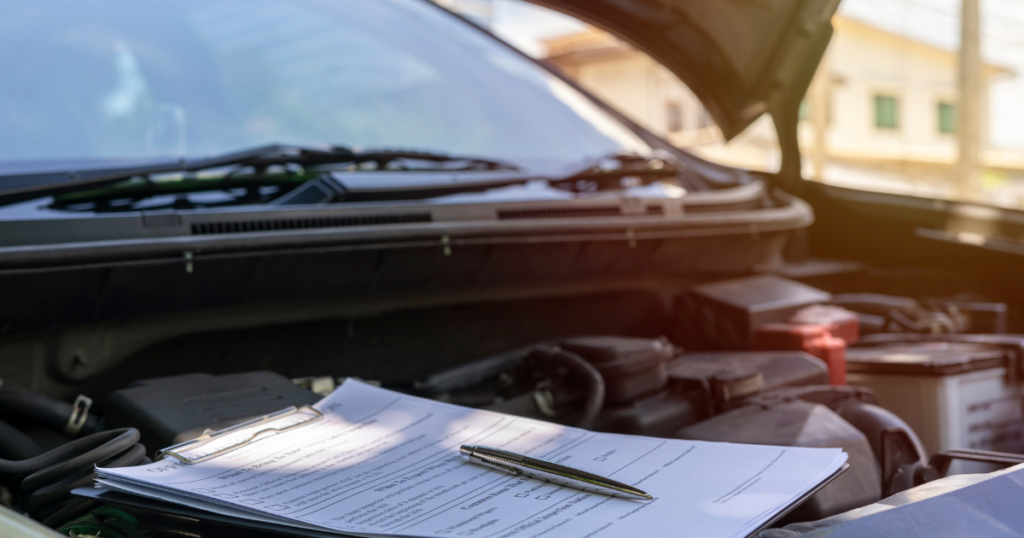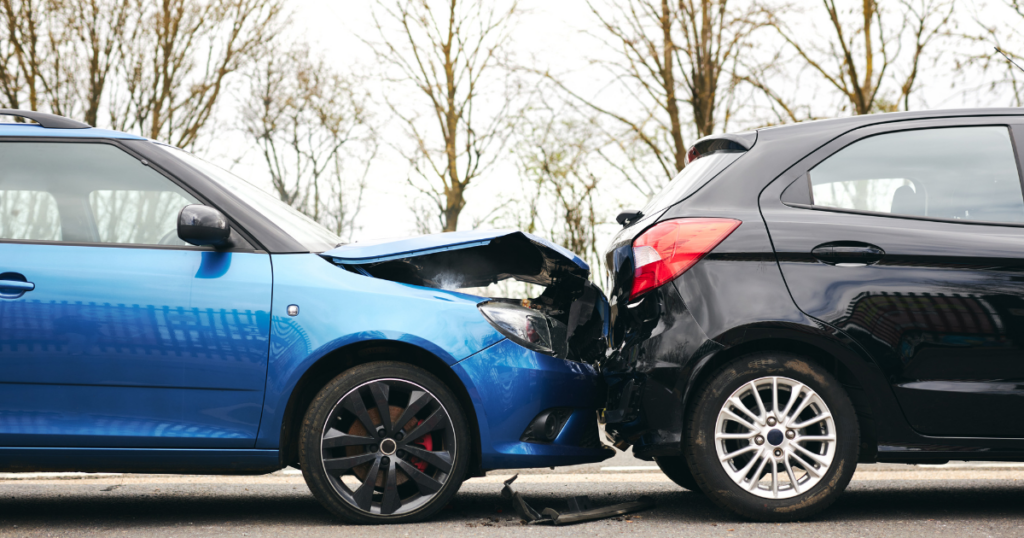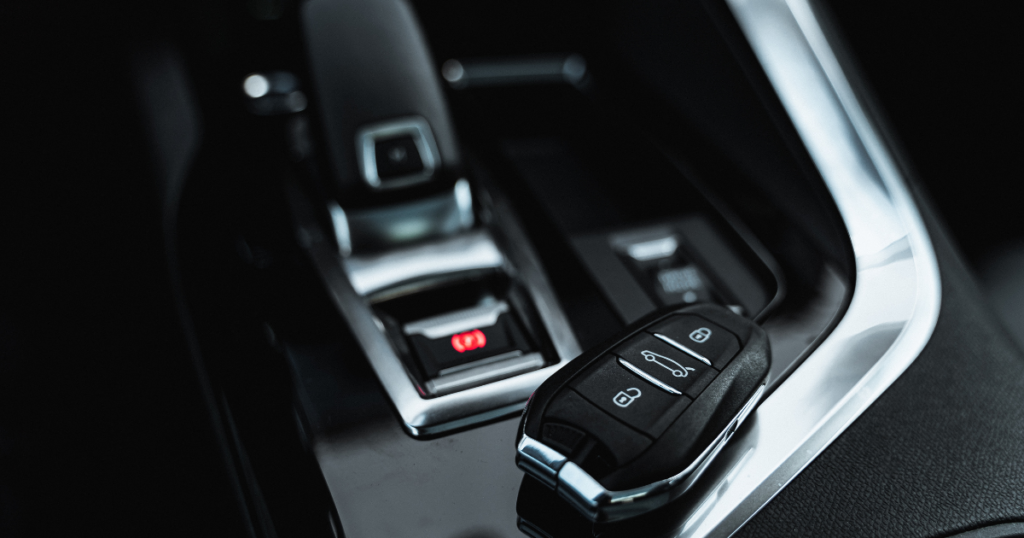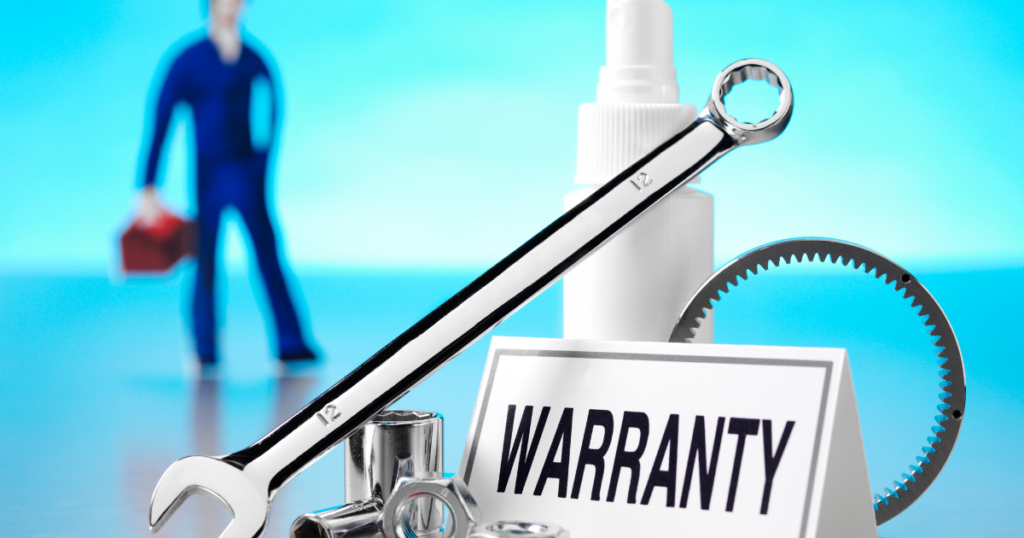Car’s resale value is one of the most significant considerations when it’s time to sell or trade it in. The resale value of your vehicle can determine how much you’ll get back on your initial investment—and depending on several factors, that number can vary widely.
Understanding what contributes to a vehicle’s value will help you maintain it better, make smarter purchase decisions, and even negotiate more effectively when it’s time to part ways with your ride. Whether you’re a first-time buyer or an experienced car owner, knowing what affects your car’s resale value the most is key.
Let’s break down the key factors that have the most significant impact on your car’s resale value.

1. Brand Reputation and Reliability
One of the most influential factors in your car’s resale value is the brand—specifically, its reputation for reliability, durability, and value retention. Brands like Toyota, Honda, Subaru, and Lexus are often praised for producing cars that last, and as a result, they tend to hold their value better over time.
Luxury brands such as Mercedes-Benz, BMW, and Audi, while prestigious, can sometimes lose value faster due to high maintenance costs and a quicker rate of depreciation—though exceptions exist for specific models.
Tip:
If the car’s resale value is important to you, do some research on brands with high resale ratings from sources like Kelley Blue Book, Edmunds, or J.D. Power.

2. Vehicle Condition
This one might seem obvious, but it’s worth emphasizing: the condition of your car plays a huge role in its resale value. A car with minimal scratches, dents, or mechanical issues will always be worth more than one that looks or feels like it’s been through a warzone.
Buyers and dealers alike will inspect:
- Exterior (scratches, dents, rust)
- Interior (stains, odors, tears in upholstery)
- Mechanical integrity (engine, brakes, transmission)
- Tires and wheels
- Glass and lighting
Even minor cosmetic damage can knock hundreds off your resale value, while major mechanical problems can cut your offer in half—or more.
Tip:
Keep up with routine maintenance and fix small issues early before they snowball into larger (and more expensive) problems.

3. Mileage
Mileage is a quick way for potential buyers or dealerships to estimate how much life is left in a vehicle. The more miles a car has, the lower its resale value tends to be.
On average, cars accumulate 12,000 to 15,000 miles per year. If your car’s mileage is significantly above average, it may be considered high-mileage, which can deter some buyers. Conversely, low-mileage vehicles are often seen as better maintained and more desirable.
However, mileage isn’t everything. A high-mileage car that’s been meticulously cared for may still fetch a solid resale price, especially compared to a low-mileage vehicle that’s been neglected.
Tip:
Limit unnecessary driving when possible and document your maintenance records—especially if your car has higher mileage.

4. Service and Maintenance History
A well-documented service history adds real value to your car. Buyers want proof that the vehicle has been maintained properly throughout its life. That means oil changes, tire rotations, brake checks, and any major service milestones should be logged and accessible.
In contrast, a spotty or nonexistent maintenance history is a red flag that can significantly reduce how much your car is worth—regardless of how it looks.
Tip:
Keep all service receipts and consider using a maintenance tracking app to show potential buyers your vehicle has been cared for consistently.

5. Vehicle Age
This one’s simple: older cars are generally worth less than newer ones. Vehicles depreciate the most in their first few years, often losing up to 20–30% of their value within the first year and about 60% after five years.
That said, some cars age better than others. A 10-year-old Toyota Corolla in great shape may hold more value than a 6-year-old Chrysler with mechanical issues.
Tip:
If you’re buying a car with future resale value in mind, consider getting a 2–3-year-old vehicle, which already went through its steepest depreciation phase.

6. Color and Customizations
It may surprise you, but even color affects resale value. While bold colors like bright yellow, neon green, or deep purple might reflect your personality, neutral tones like white, black, gray, and silver tend to sell faster and retain more value.
Similarly, custom modifications (like aftermarket spoilers, suspension kits, sound systems, or tinted windows) can be a turn-off to potential buyers—especially if they aren’t done professionally or if they limit the vehicle’s practicality.
Tip:
Stick with factory colors and avoid extreme customizations unless you plan to keep the car long-term.

7. Market Demand
Resale value isn’t just about the car—it’s also about timing and market demand. For example, trucks and SUVs tend to hold their value better in areas with colder climates or where towing and off-roading are popular.
Similarly, during fuel crises or economic downturns, smaller, fuel-efficient vehicles like hybrids and compacts may suddenly become more desirable.
Market shifts, fuel prices, and even global events (like chip shortages or supply chain disruptions) can affect how much your car is worth.
Tip:
Research your local market and consider timing your sale during periods of high demand. To help you understand market fluctuations and the best times to sell, check the Autotrader.

8. Fuel Efficiency and Engine Type
With rising gas prices and growing environmental concerns, fuel efficiency has become a key factor in resale value. Cars that get good mileage—especially hybrids or electric vehicles (EVs)—are in higher demand, particularly among younger or urban buyers.
EVs like the Tesla Model 3, Chevy Bolt, or Nissan Leaf tend to have better car’s resale value in areas with strong charging infrastructure. Meanwhile, large gas-guzzlers may struggle to hold value unless they serve a specific need (e.g., work trucks).
Tip:
If fuel efficiency is high on your priority list, opt for a vehicle with an EPA rating of 30+ MPG or consider a hybrid or plug-in model.

9. Ownership History (Number of Owners)
Cars with a single-owner history typically sell for more than those that have passed through multiple hands. A one-owner vehicle suggests a stable history and often better maintenance habits.
Vehicles with three or more previous owners may raise red flags, even if they’re in good condition. Buyers may wonder about accidents, inconsistent maintenance, or ownership issues.
Tip:
When buying used, consider how the number of previous owners might affect your ability to resell later.

10. Accident and Damage History
Cars that have been in an accident—even if fully repaired—can suffer major drops in resale value. A clean title is far more appealing to potential buyers than one with an accident or insurance claim on its Carfax or AutoCheck report.
Even minor fender benders or cosmetic work can reduce confidence in the vehicle’s long-term durability and safety.
Tip:
Avoid buying vehicles with salvage or rebuilt titles unless you’re prepared for resale challenges. If your car has been in an accident, make sure repairs are done professionally and well-documented.

11. Features and Technology
Cars with modern features like adaptive cruise control, backup cameras, Apple CarPlay, heated seats, and advanced safety systems tend to retain more value. Buyers are increasingly looking for technology that enhances comfort, safety, and convenience.
However, outdated or broken infotainment systems, old-school navigation, or obsolete software can hurt resale value.
Tip:
If buying a new car, choose trim levels that include high-demand features without over-customizing with niche add-ons that won’t age well.

12. Warranty Coverage
A car that’s still under factory warranty will almost always fetch a higher price. It gives buyers peace of mind and reduces perceived risk. Some manufacturers offer transferrable warranties, which can be a major selling point.
On the flip side, a car that’s out of warranty may cause buyers to hesitate—especially if it’s nearing a major service milestone like a timing belt or transmission check.
Tip:
Highlight any remaining warranty coverage when selling your car, and consider extended warranties only if they’re transferrable.

13. Geographic Location
Your location can also impact what your car is worth. Convertibles and sports cars are more popular in sunny, warm areas, while AWD and 4WD vehicles hold more value in regions with snow, rain, or rough terrain.
Salt exposure (especially from coastal areas or snowy roads) can also reduce value due to rust issues.
Tip:
When buying a car, consider your climate and resale audience. If relocating, be mindful that market conditions may differ significantly.
Final Thoughts
Your car is more than just a means of transportation—it’s a financial asset. And like any asset, it can either retain value or depreciate quickly based on how it’s treated, what it offers, and how the market sees it.
By paying attention to the factors above, you can protect your car’s resale value and maximize your return when it’s time to move on. That means maintaining it well, avoiding excessive customization, keeping mileage in check, and staying informed about market trends.
Quick Checklist to Maximize Car’s Resale Value:
- ✅ Follow regular maintenance schedule
- ✅ Keep all service records
- ✅ Avoid accidents and cosmetic damage
- ✅ Keep mileage as low as possible
- ✅ Avoid flashy or rare colors
- ✅ Keep interior clean and smoke-free
- ✅ Invest in features that buyers want
- ✅ Time your sale strategically
Whether you’re selling privately or trading in, every little detail matters regarding resale value. The better informed you are, the better deal you’ll make. To learn more tips and resources on how to get the best resale value for your vehicle, visit our website at vehbee.com.




